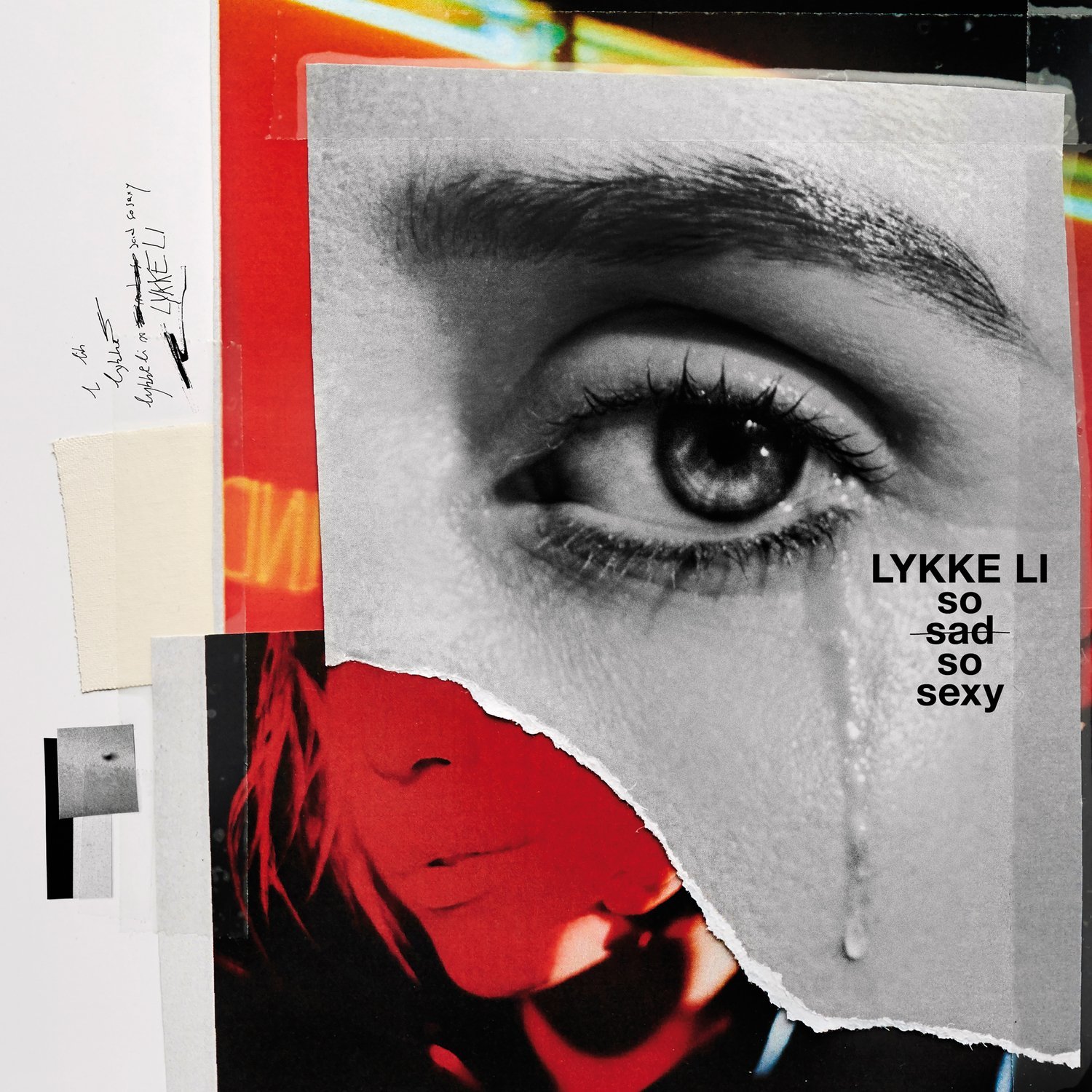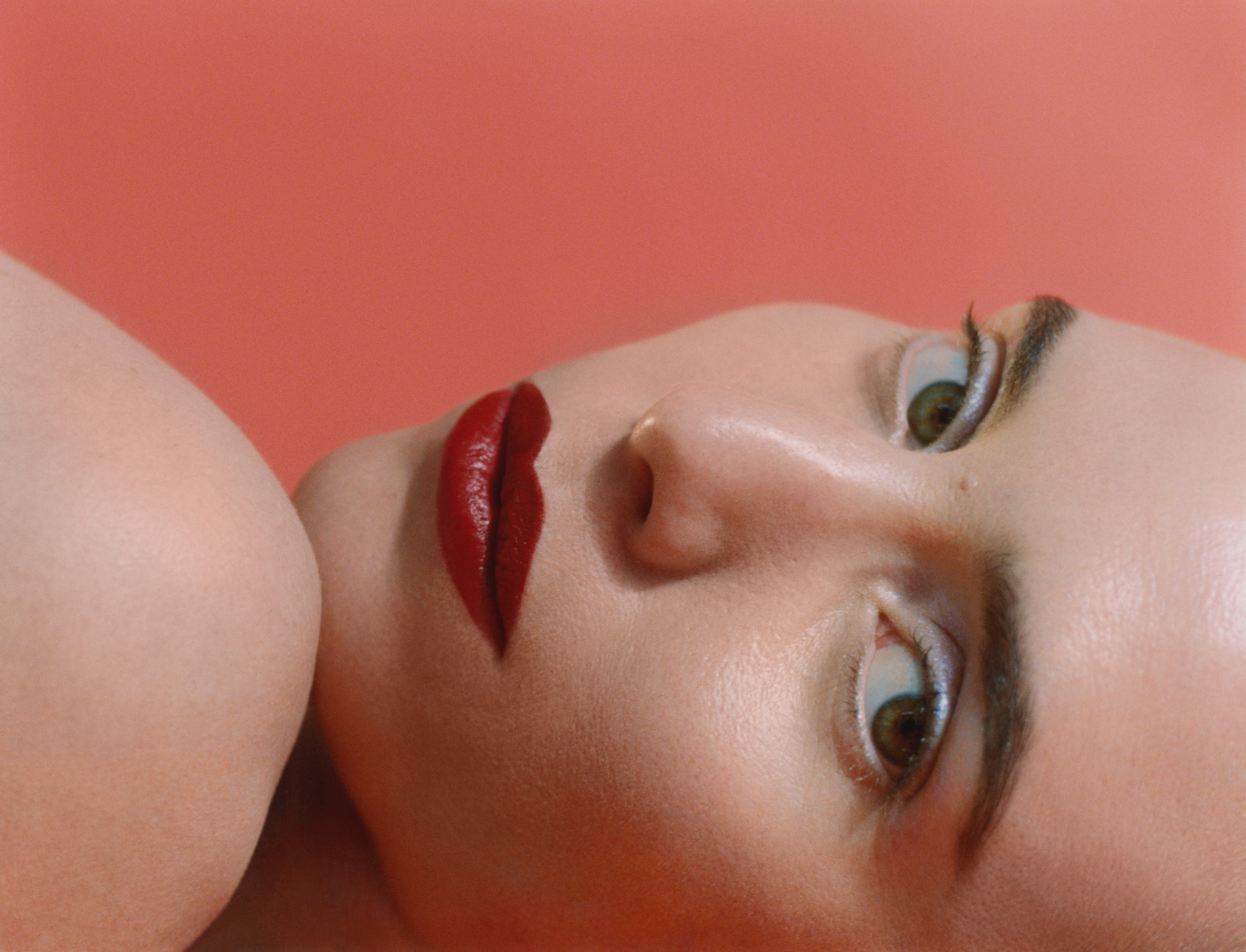Lykke Li had already warned us in her previous album title: I Never Learn. So it makes sense that four years later she is still writing about heartbreak. The difference is that on her new release, So Sad So Sexy, she’s acutely aware of the irony in rehashing the sentiments she’s laid out previously. Loss is still her focus, but it’s approached with a lighter touch than the wall-of-sound production and mournful vocals that preceded it. If anything she’s gone farther back still, using the sensuality that made Wounded Rhymes’ “Get Some” so impactful as a template.
While speaking on her first three albums, Lykke Li said she was “trying to chronicle a woman in her twenties and her search for love and herself.” While the spiritual sentiment carries through to So Sad So Sexy, it’s the first album where she’s not working solely with Bjorn Yttling, and instead several producers that includes T-Minus, Malay, and Jonny Coffer, all of whom have worked with big stars such as Lorde, Kendrick Lamar, and Frank Ocean. Her partner Jeff Bhasker is in the mix too, encouraging her most favorable and notable change in sound, removing the reverb from her vocals, an effect that brings her nearer to straightforward pop music.
Now instead of considering heartbreak as an inevitability, Lykke Li focuses on how bodies feel it. On “Deep End,” she describes a kiss as “salty” and says it reminds her of “chlorine”—not exactly pleasant, but vivid nonetheless. The first piano chords are harsh, her voice bitter, but soon the trap beat enters, the melody turns edgy and, in the chorus, the hypnotic repetition of such concrete words as “swimming pool” somehow dispels the gloom. On the album’s title track, she’s nostalgic for a relationship that still hasn’t ended, and while synths and reverbed drums add pep, her voice still registers pain. She sings as if she knows this will be the last time their bodies will lay together.
Lykke Li’s songwriting is strong here, but the excess of electronic manipulation sometimes resembles a bedroom experiment. Opening track “Hard Rain,” a collaboration with Vampire Weekend’s former keyboardist/guitarist Rostam Batmanglij, features both an auto-tuned echo at the beginning and, later, a computerized deep voice that also echoes Lykke Li. On “Jaguars in the Air,” the high-pitched vocals seem out of place and, combined with the repetitive lyrics, devoid of her usual sensitivity. (Especially when compared to the vulnerability of “Last Piece,” where the lines “I take a step back / When all I want is to hold you” express the contradictory feelings in a relationship and how they are reflected in physical movements.)
The last track “Utopia” is the most surprising, a hopeful note. However, it’s not as captivating as the darker material like “Sex Money Feelings Die,” where the minimalist beat behind the verses leaves space for a confident, precise vocal deliver. The darker songs and raw spirit therein bring a new depth to her music. She can still feel love fading away from her, but doesn’t get completely lost in lamentation, instead seeming to want something much less dreary.





